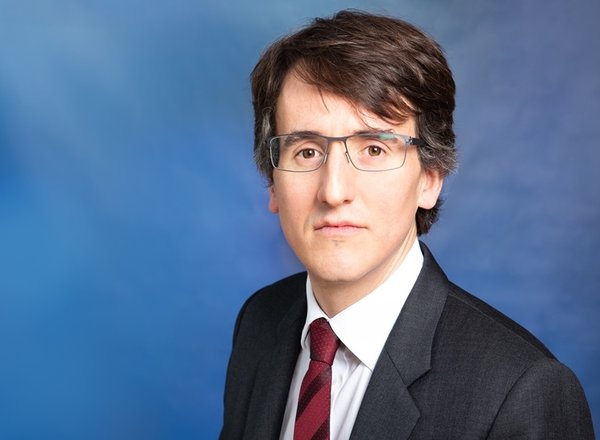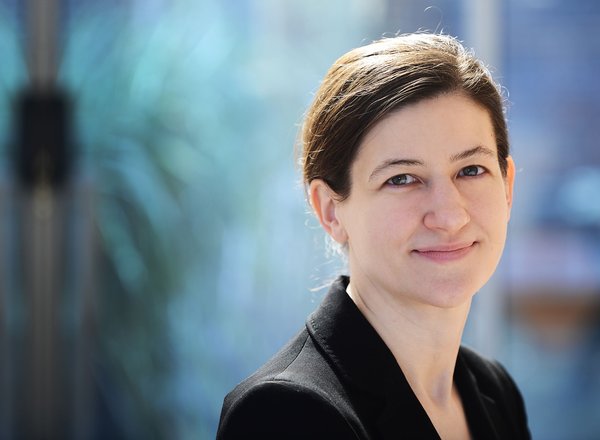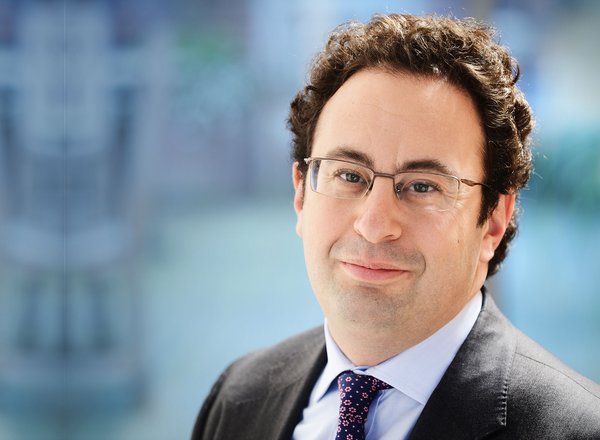The Supreme Court has handed down an important judgment concerning the proper approach to hearsay evidence which may have been obtained by torture. The context was a guarantee in a commercial charterparty in circumstances where the contract was alleged to have been procured by bribery (which, if true, would have rendered the guarantee unenforceable). However, the evidence of bribery derived from confessions which were alleged to have been procured by torture in the People’s Republic of China, and so the Claimant contended that the evidence was inadmissible. In the judgment below, the Court of Appeal had held that, where an allegation of torture is not proven on the balance of probabilities, the court must disregard any residual doubts it may have about the provenance of the evidence for the purposes of assessing weight. The Supreme Court rejected that approach, stating “A rule that required a court, in assessing the reliability of a confession, to disregard entirely evidence which discloses a serious possibility that the confession was made as a result of torture would not only be irrational; it would also be inconsistent with the moral principles which underpin the exclusionary rule” [109].
Lord Pannick QC and Tom Richards acted for the Appellant, Shagang.
Jessica Boyd and Isabel Buchanan acted for the Respondent, HNA.
Ben Jaffey QC,
George Molyneaux and Natasha Simonsen acted for the Intervener, Liberty.


















